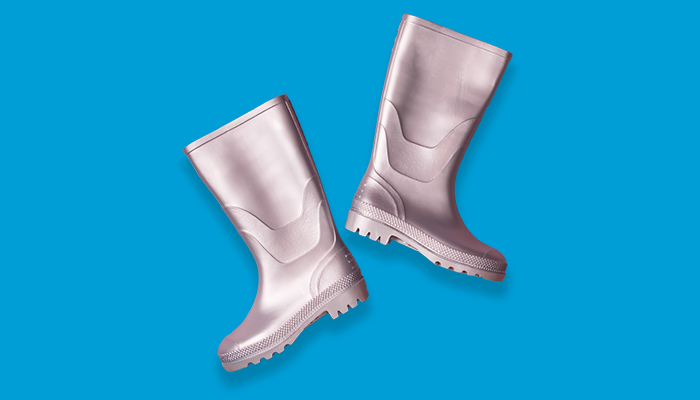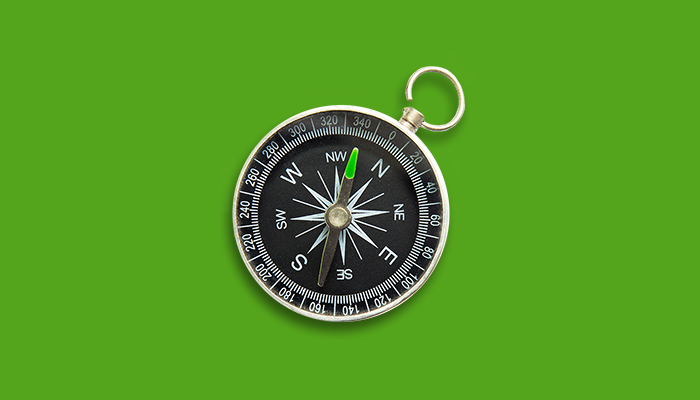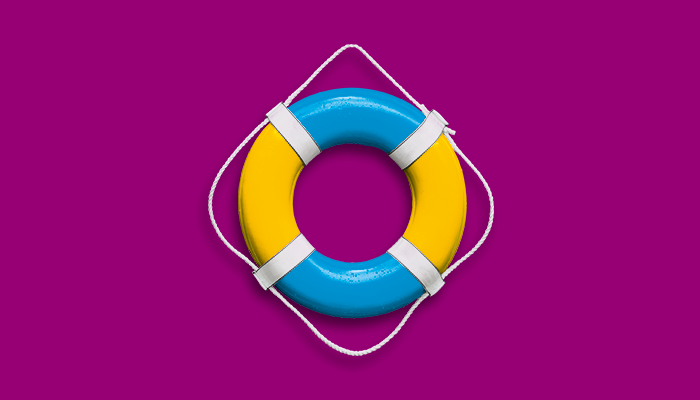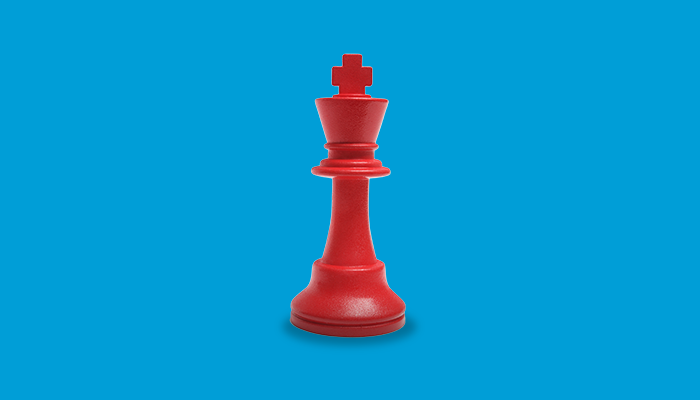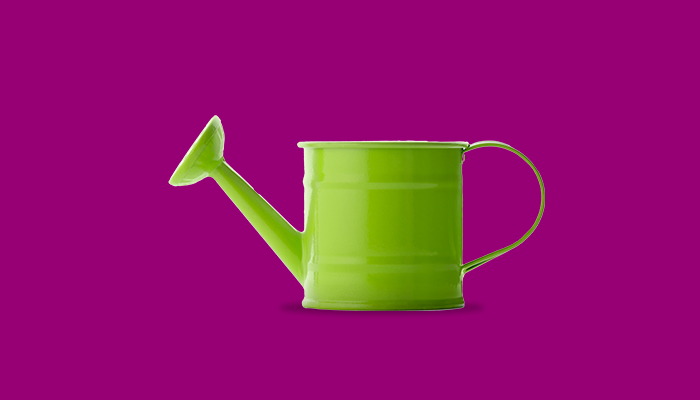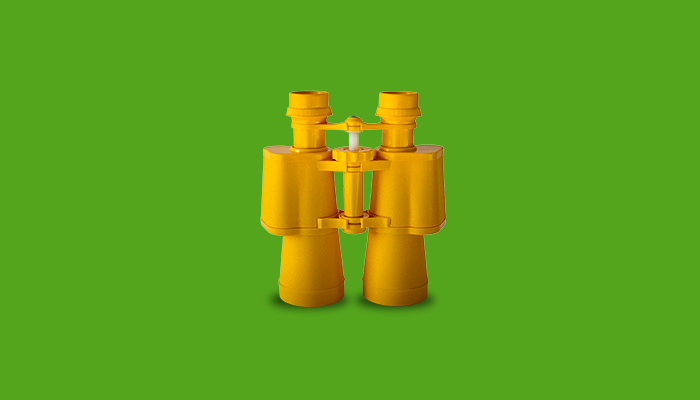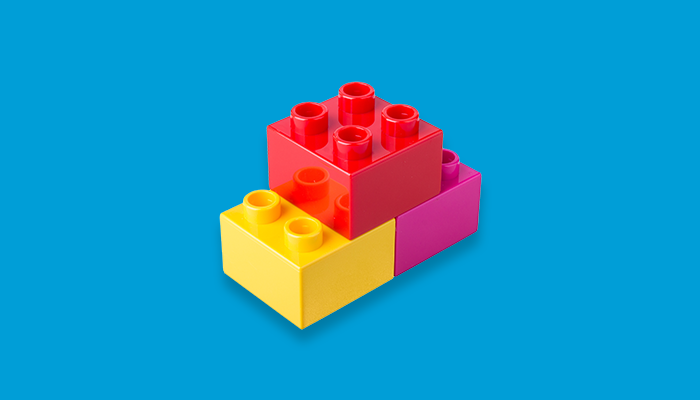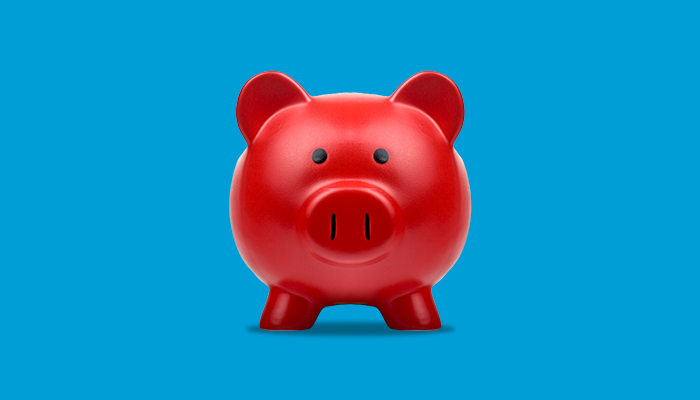Why it’s worth having cash in your portfolio
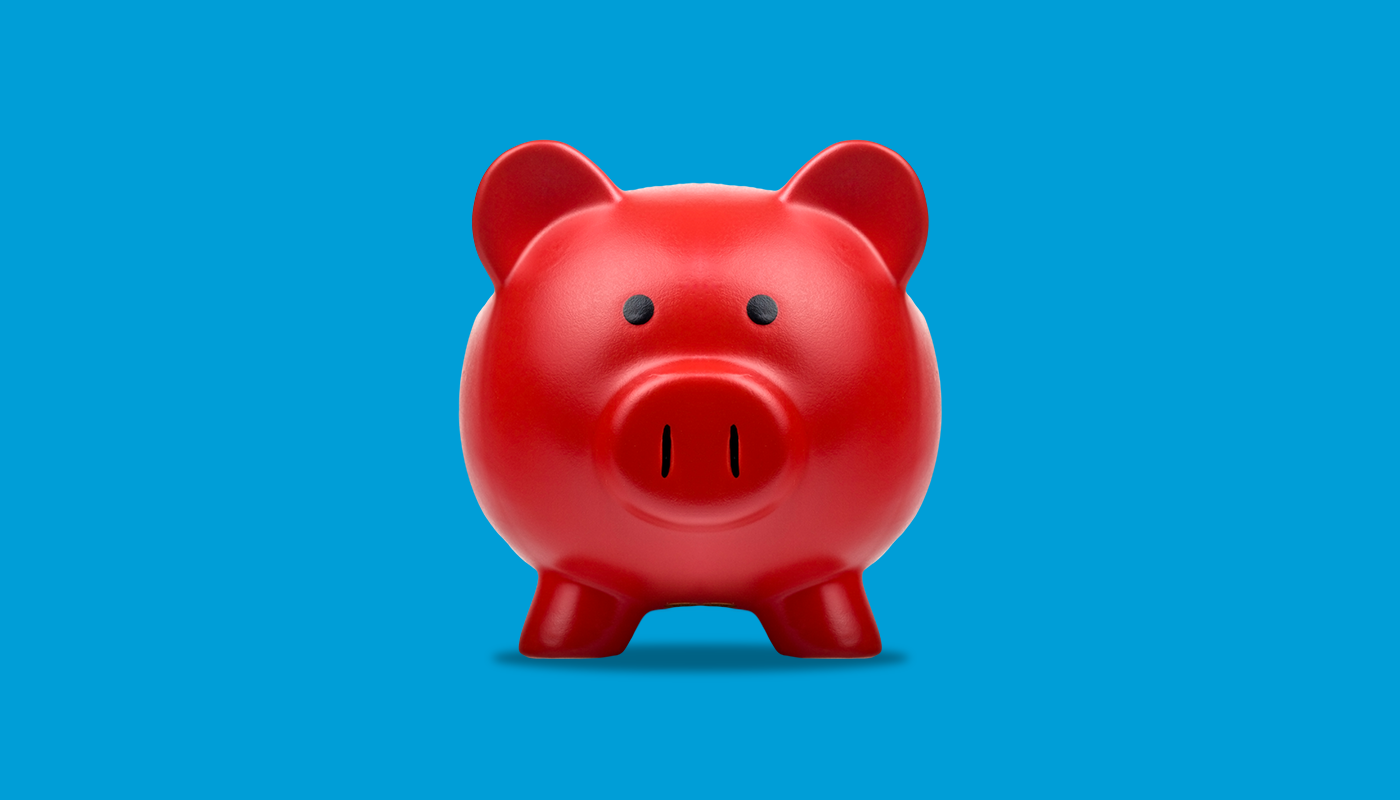
Keeping cash in your portfolio not only lets you make the most of any investment opportunities, but it also limits the amount you might lose if stock markets fall.
What you will learn
- How cash can help you be ready to invest at the right time
- Why available cash is important when buying other assets
- How to balance investment assets and benefit from market growth
Too much cash in your portfolio isn’t ideal, but a small amount can be useful. Life moves quickly and it’s handy to have the money available for whatever comes your way, whether that’s an unexpected home emergency bill – or an investment opportunity.
Cash provides flexibility because you can access it quickly, without it losing value. The downside is that it doesn’t offer much potential for growth, even if it’s held in a savings account. In a low-interest, high-inflation environment, cash can gradually lose value over time.
Inflation can eat into the value of cash savings when interest rates are low. That’s because the price of goods increases faster than the rate at which your savings grow.
So, how much cash should you hold in your portfolio? The exact amount will depend on things like your age, how long you’re planning to invest, and your life goals. One useful rule of thumb is to consider having enough in cash to cover up to six months of living expenses.
Using cash to invest
When you spot an investment opportunity, the last thing you want is to have to wait days, or even weeks, to buy it. With cash in your portfolio, you can buy the stock or fund you want right away.
Compare this to an asset such as property, which you would have to sell if you wanted to access your money. Depending on market conditions, property sales can take time. If you need to sell now, you might have to accept a lower sale price.
Shares in stock market-listed companies are easier to cash in on. You can sell them quickly on an exchange at a price within a few pennies of their market value. It does, however, depend on the type of company – shares in some AIM (Alternative Investment Market) companies can be harder to sell than shares in FTSE 100 companies.
Selling one asset to buy another can also lead to unnecessary transaction fees too. You’ll end up having to pay dealing fees both for buying and for selling.
Your safety net against market falls
Cash acts as a buffer for your portfolio. If you’ve invested only in equities (shares), a dip in the market will impact you more than if you have a mix of equities, bonds and cash.
As a rule of thumb, the less time you have to invest your money – say you want to buy a house in three years’ time – the more you should focus more on cash. That’s because it’s less likely that the higher risk part of your portfolio will be able to recover from any sudden market downturns.
It’s a completely different picture for someone who’s planning to retire in 40 years. Over this timescale, it is possible that the effects of compound interest will outperform any dips in the market.
To find out more about how to blend cash with other assets in your portfolio, read our guide to asset allocation here.
Risk notice
Any information provided should not be considered personal advice. Past performance is not a guide to future performance. You may not get back the full amount you invest. If you have any doubts about making your own investment decisions, seek financial advice.




